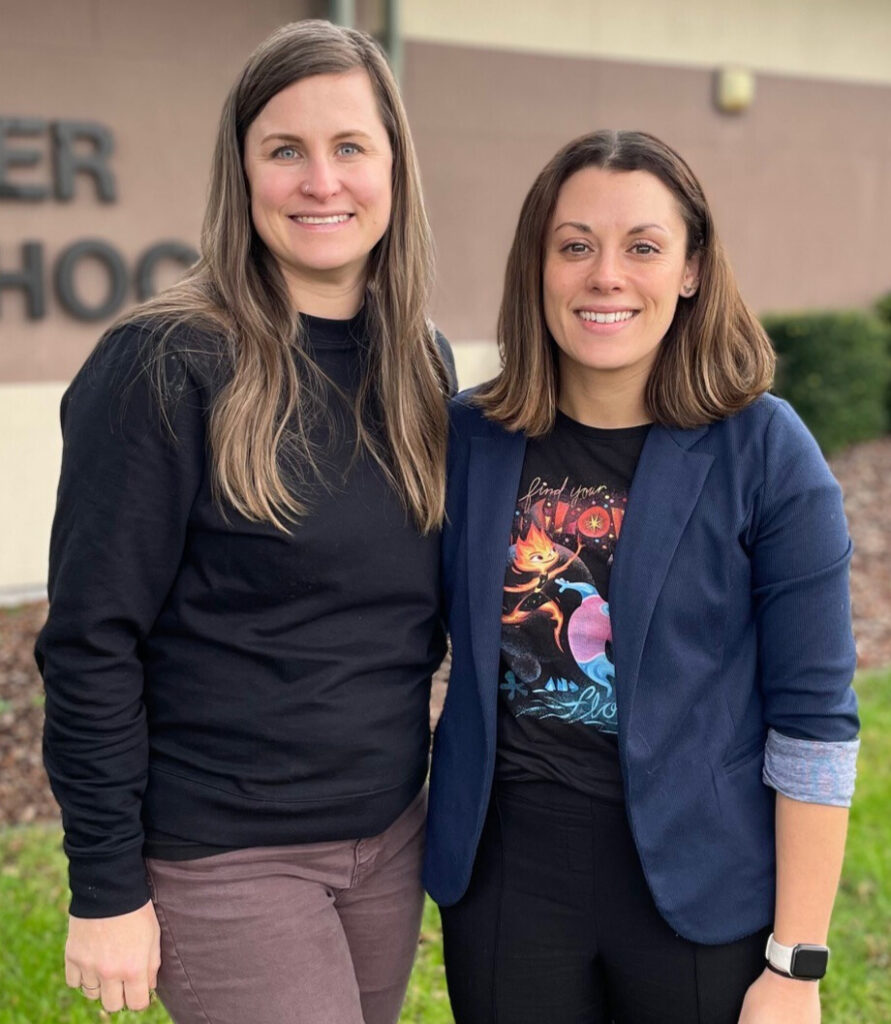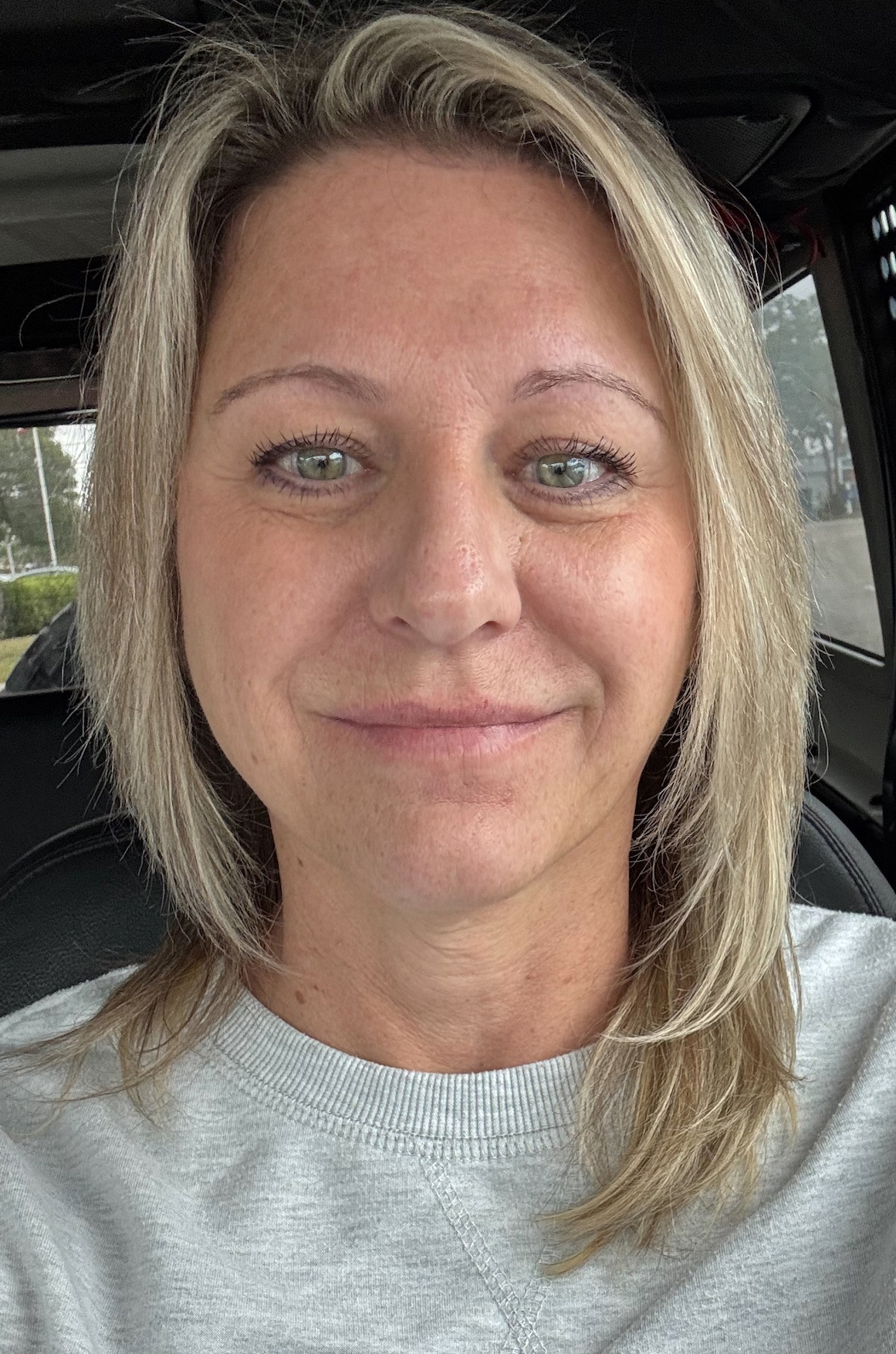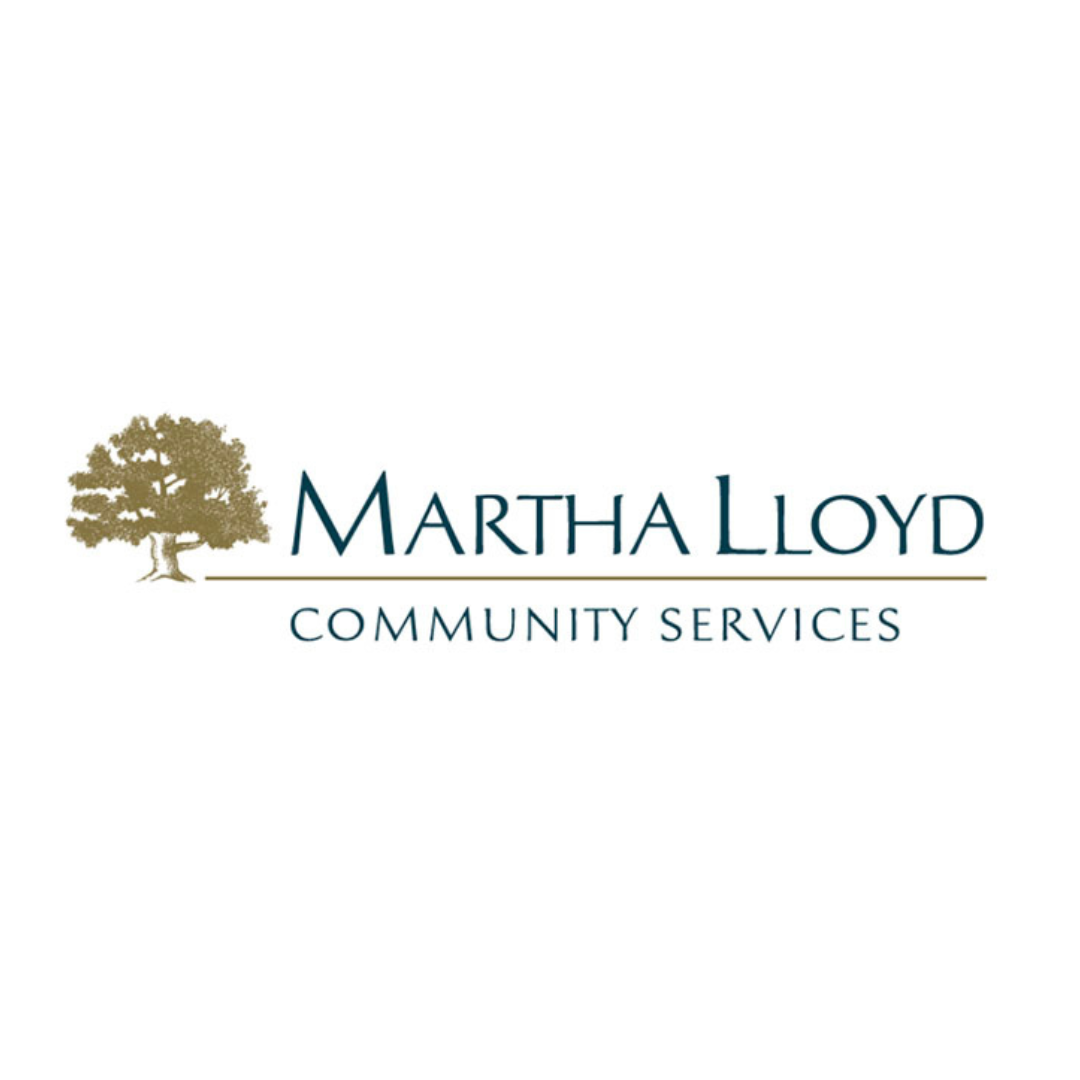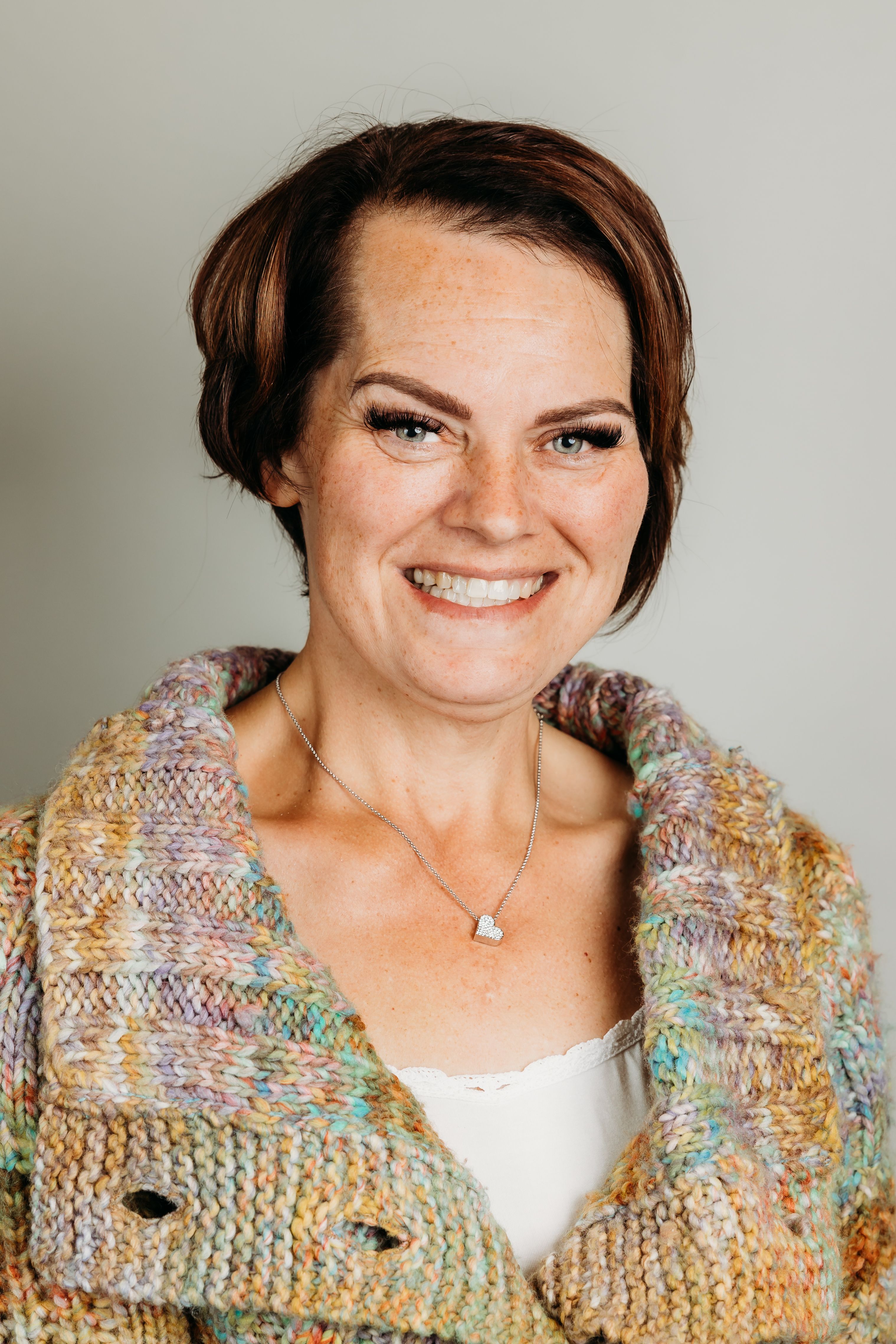
Jessica Whitehead, BCBA
Q: How long have you been an Ukeru trainer?
A: I have been an Ukeru trainer for a year and a half.
Q: What population do you work with? What inspired you to get into this field?
A: I work district-wide, focusing primarily on supporting students from transitional kindergarten (TK) to 5th grade. Our programs serve a diverse range of learners, including those in general education, multilingual (ML) programs, dual-language programs, early intervention, preschool, TK, and Highly Capable programs. After 16 years as a classroom teacher and instructional coach, I recognized a growing need for behavioral and social-emotional support. This inspired me to work more directly with students to address their individual needs and collaborate with staff to better support all learners.
Q: What part of Ukeru do you enjoy teaching the most and why?
A: While every section of Ukeru is valuable, I particularly enjoy teaching about brain development and the impact of trauma on the brain. I believe it’s essential for staff to deepen their understanding of how the human brain functions and to adopt a trauma-informed approach when working with others. This knowledge fosters empathy and promotes a more compassionate and supportive environment.
Q: What would you say to someone who is unsure about using Ukeru?
A: Don’t be afraid to dive in! Ukeru is more than just a program—it’s a mindset and philosophy that promotes a trauma-informed approach to reducing restraint and isolation. Since implementing Ukeru, both staff and students have continued to provide positive feedback. The Ukeru team provides exceptional support and guidance throughout the entire journey.
Q: What advice or tip would you give to a new Ukeru trainer?
A: Find a buddy trainer to collaborate and present with, and connect with Ukeru and other trainers for additional support. It’s normal for the process to feel a bit clunky at first, but with practice, you’ll be a pro in no time. Take some time to rehearse the pacing before your first training session. For your initial training, include friendly faces who help you feel safe and comfortable. Most importantly, be patient with yourself as you grow into the role.
Q: How has Ukeru impacted your life?
A: Ukeru has broadened my perspective on working with people—not just students. It has empowered me to promote a trauma-informed approach and advocate for both the physical and emotional safety of our students. Additionally, it has made me more mindful of my interactions with others, fostering greater empathy and understanding.
Q: What is your favorite quote or a motto that you like to live by?
A: This is a longer quote, but it deeply resonates with me and has become a guiding principle in my daily life: “It is not the critic who counts; not the man who points out how the strong man stumbles, or where the doer of deeds could have done them better. The credit belongs to the man who is actually in the arena, whose face is marred by dust and sweat and blood; who strives valiantly; who errs, who comes short again and again, because there is no effort without error and shortcoming; but who does actually strive to do the deeds; who knows great enthusiasms, the great devotions; who spends himself in a worthy cause; who at the best knows in the end the triumph of high achievement, and who at the worst, if he fails, at least fails while daring greatly, so that his place shall never be with those cold and timid souls who neither know victory nor defeat.” – Teddy Roosevelt
Q: What three words would you use to describe Ukeru?
A: trauma-informed, compassionate, empowering
Nicole Kernutt, Assistant Principal
Q: How long have you been an Ukeru trainer?
A: I have been an Ukeru trainer for a year and a half.
Q: What population do you work with? What inspired you to get into this field?
A: We currently serve students in diverse educational settings, including general education, dual language programs, early intervention preschool, transitional kindergarten, special education, highly capable programs, and multilingual learners. My journey in education began in 2011 as a special education paraeducator, and I’ve been passionate about helping students ever since. Over the years, I’ve had the privilege of serving as a special education teacher and instructional coach, and I now proudly serve as the assistant principal at Rochester Primary School. My mission has always been to empower students to learn, build independence, and shine in their own unique ways.
Q: What part of Ukeru do you enjoy teaching the most and why?
A: If I had to highlight one critical aspect, it would be understanding the definition and prevalence of trauma. This knowledge is foundational and shapes our practice in education. By truly understanding what trauma is and how widespread it can be, we establish the groundwork for a trauma-informed approach in everything we do. This awareness not only informs our strategies but also ensures we create safe, supportive, and responsive environments for all students.
Q: What would you say to someone who is unsure about using Ukeru?
A: Do it! Ukeru has transformed how we look, think and receive communication from our students. Ukeru is a philosophy that you embed in your every day practice. Our staff and students provide positive feedback on Ukeru. The Ukeru team is also very supportive and will continue to support you throughout your journey.
Q: What advice or tip would you give to a new Ukeru trainer?
A: Collaborate with others and give yourself grace as you lead Ukeru! Find a buddy trainer!
Q: How has Ukeru impacted your life?
A: Ukeru provides a new lens to see and understand behavior, offering invaluable insights into trauma and brain development that are both informative and life-changing. It’s more than a philosophy; it’s a way of approaching relationships with empathy and understanding. I have embedded these principles in reflecting myself and as a mom.
Q: What is your favorite quote or a motto that you like to live by?
A: “If you can dream it, you can do it.”- Walt Disney
Q: What three words would you use to describe Ukeru?
A: Transformative, proactive, inspiring




